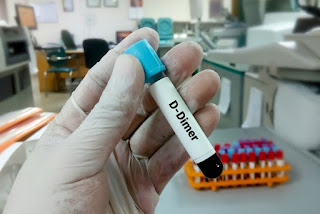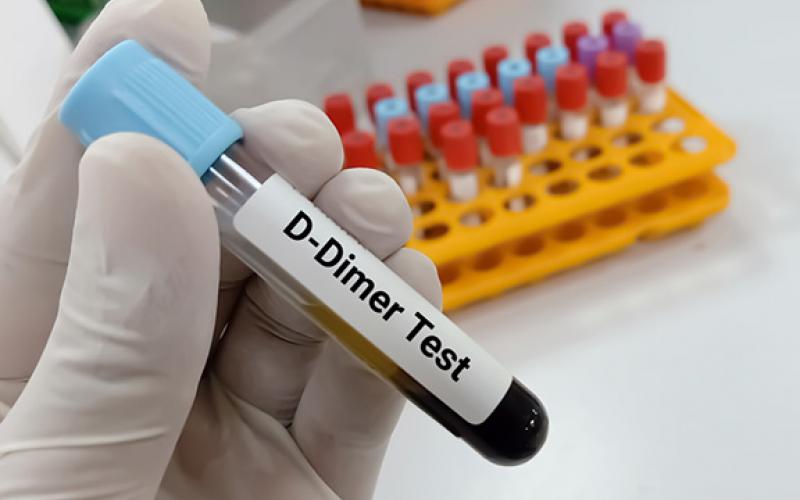Everything to Know About ANA (Antinuclear Antibody) Test

The immune system makes antibodies to fight infection, viruses, bacteria, etc. However, sometimes the immune system incorrectly identifies the person’s cells as foreign invaders and attacks them. It makes autoantibodies, a special antibody that damages cells and tissues in the body. If left untreated, autoantibodies can damage skin, joints, muscles, and many other parts of the body. The ANA test is used to look for autoantibodies or antinuclear antibodies in the blood. It helps doctors to detect some autoimmune diseases. Here is more about the ANA (Antinuclear Antibody) test. Why the ANA Test is Done? The ANA test is used for detecting any autoimmune disorders in a person’s body. It helps in the identification of diverse conditions, like: Scleroderma – It is a rare disease affecting the blood, skin, organs, and vessels. Systemic Lupus Erythematosus (SLE) – It is a common type of Lupus – a chronic disease affecting diverse parts of the body such as the heart, l...



.jpg)

